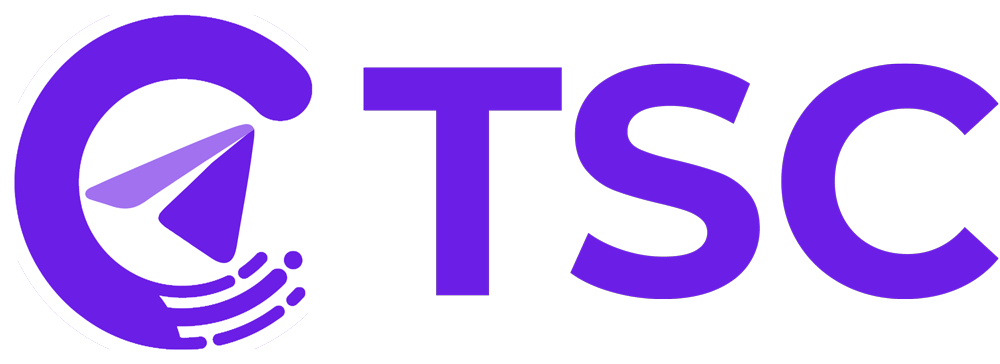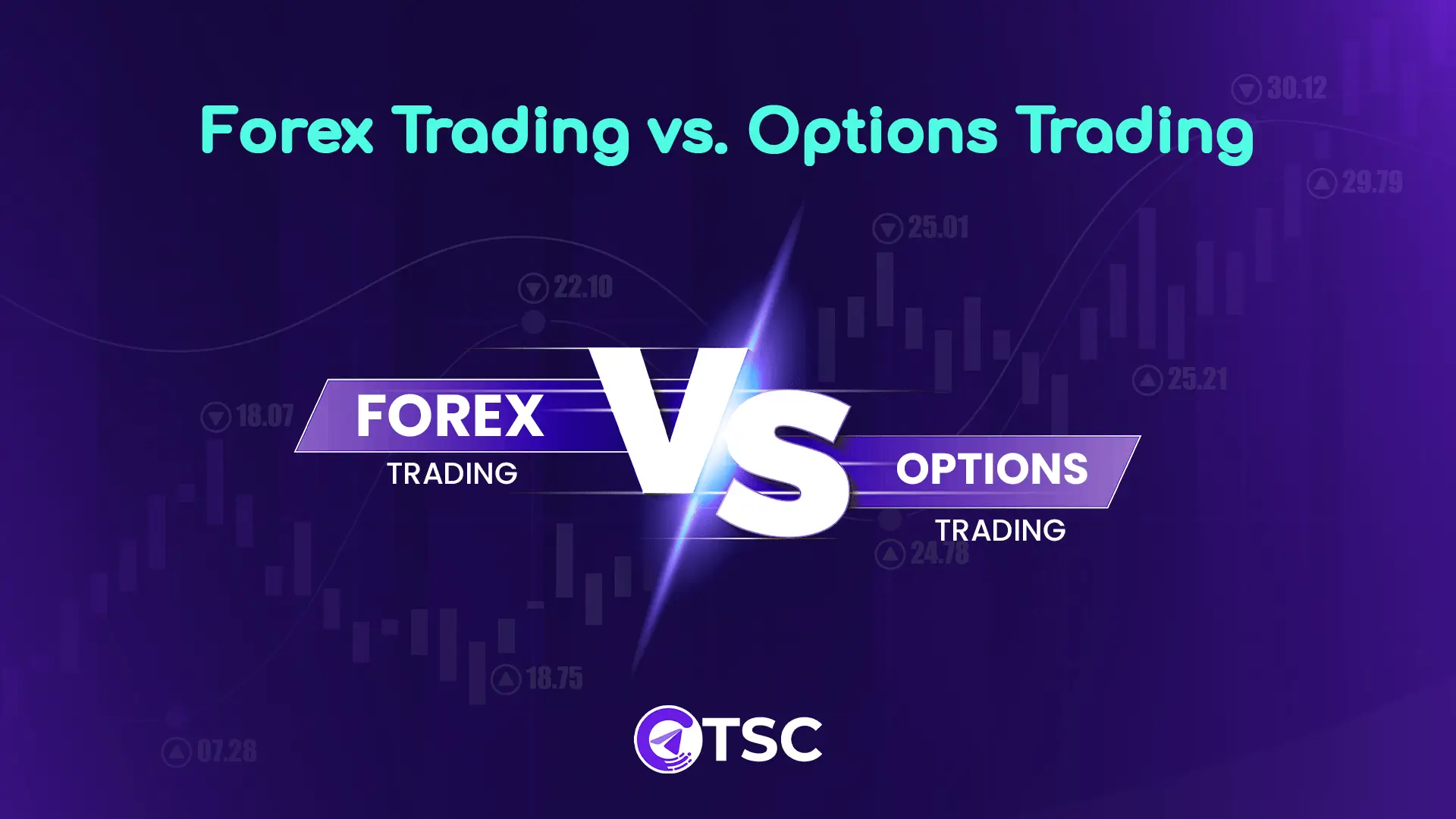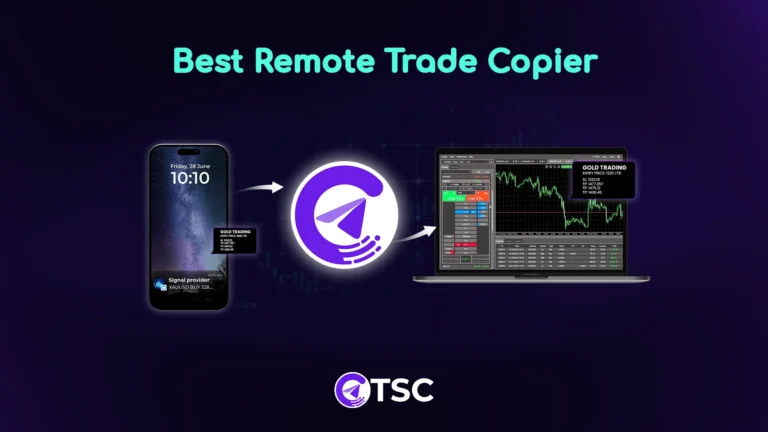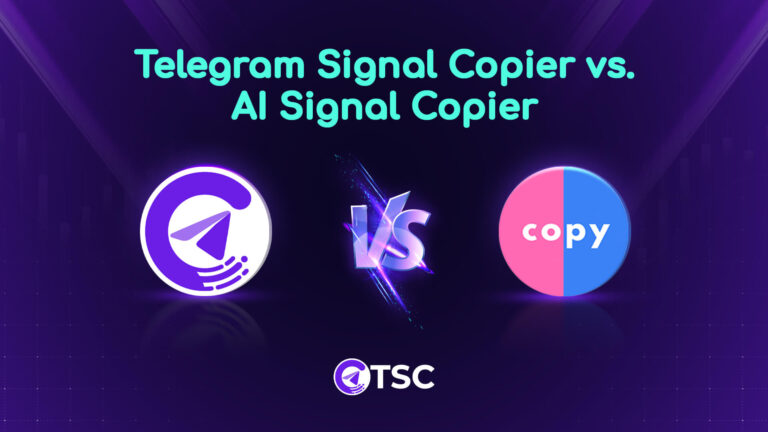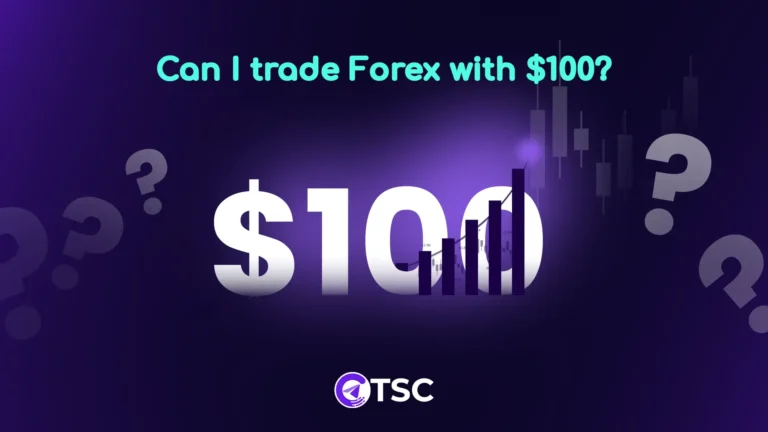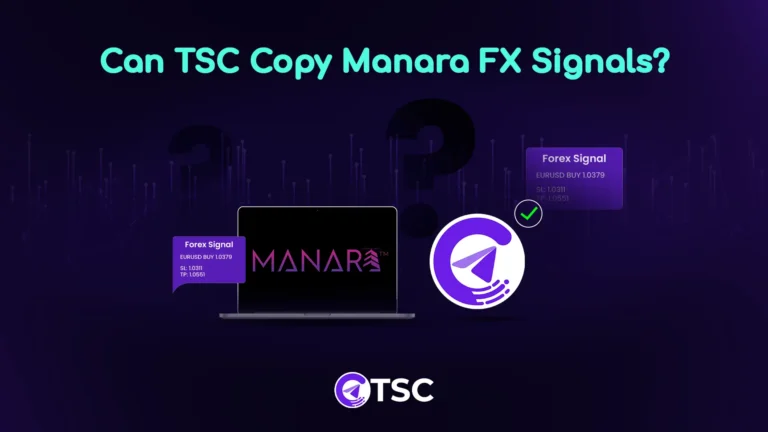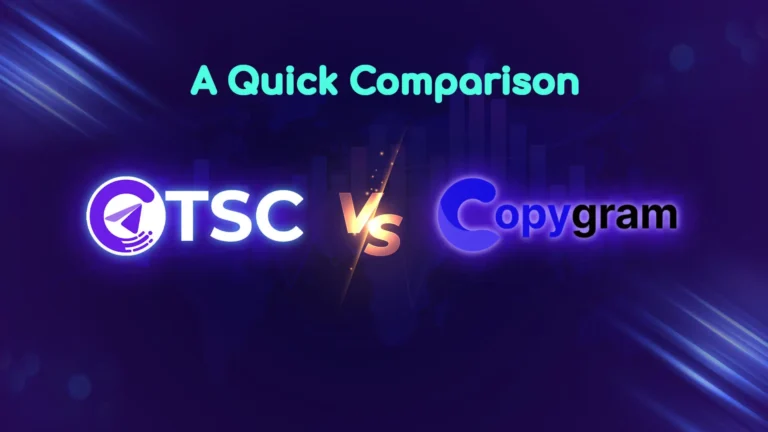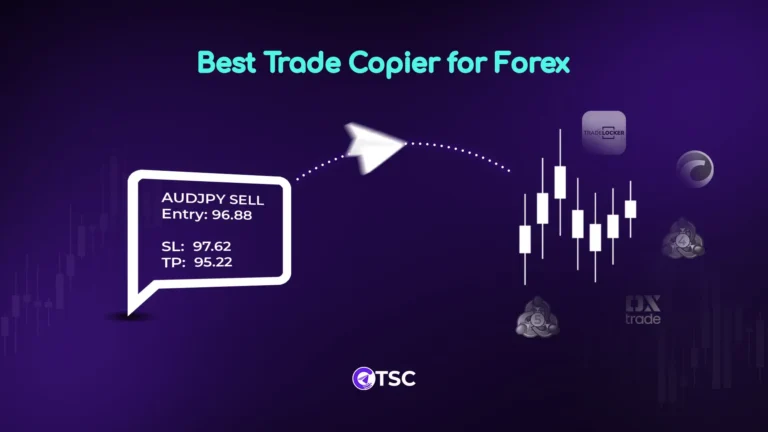Forex Trading vs. Options Trading
In some ways it’s difficult to compare forex and options trading, because these are very different types of assets. Forex trading and options trading are two popular forms of trading that allow traders to speculate on price movements in different markets.
Though we have to say both markets are profitable to some extent , they carry a high degree of risk. We all know, forex trading is all about exchanging currencies, whilst options trading gives you the right of buying and selling assets at a predetermined price. And to differentiate between these two we are here with this article.
Forex Trading: The Basics
The foreign exchange (forex) market is a global decentralized market where currencies are traded. The Forex market, with a daily trading volume exceeding $6 trillion, is the largest financial market globally. It operates 24 hours a day, five days a week and traders can buy and sell currencies from all over the world.

In forex trading, you attempt to profit from price fluctuations between currency pairs like EUR/USD or GBP/JPY. Traders use leverage to escalate trading gains and losses. Risk management through stop-losses, take-profit levels and position sizing is crucial.
24/5 Availability
Forex, unlike many of the other financial markets, is available anytime, anywhere, twenty-four hours a day, five days a week. It is a global marketplace in which traders from Tokyo to New York can engage at their local time, resulting in a steady flow of transactions.
The Factor of Leverage
One element that separates Forex is the availability of massive leverage. Leverage enables traders to hold positions greater than their initial investment, potentially increasing earnings. It is, however, a double-edged sword that can dramatically amplify losses. Here are 11 Ways Telegram Signal Copier Can Boost Your Profit!
Navigating Risks
Forex traders utilize a variety of tactics to manage the inherent risks, such as stop-loss and take-profit orders. These serve as life jackets for traders by lowering potential losses and safeguarding their positions.
Options Trading: The Basics
Options traders trade futures referred to as options contracts rather than directly buying or selling assets. A stock, commodity, currency, or index can serve as the underlying asset. Options contracts are usually traded on exchanges, although they can also be traded off-exchange.

Buyers of options pay a premium up front to get the rights specified in the contract. Risk can be reduced through proper position sizing, hedging, spread trading, and other tactics. Call options allow you to buy the asset, but put options allow you to sell.
Strategy Adaptability
Options provide a diverse set of trading approaches. Depending on their market forecast and risk tolerance, traders can utilize calls, puts, straddles, strangles, and other approaches. It’s a toolbox brimming with possibilities.
Risk Reduction
Options trading offers traders the security of lower risk. The greatest loss for a trader is the premium paid for the options contract. It’s like having a safety net, which is appealing to risk-averse traders.
Multiple Underlying Assets
Like the Forex market, options can’t be classified into a single asset class. They are linked with stocks, indices, commodities and even currency pairs. This opens new scopes for traders to discover new markets.
Forex Trading vs Options Trading
Risk and Reward Comparison
The profit potential in the Forex market is endless as traders can ride the waves of exchange rate swings. But yes, obviously if the market moves against the trader, it comes with equally high risk and the bitter truth here is that they can even lose more than their initial investment.
And moving forward to options trading, it offers a well defined risk reward potential. It provides reassurance, and the losses are limited to the premium paid for the options contract. While the profit potential is limited, it can still be large if the market goes in the expected direction.

Forex, to use a metaphor, is like cruising the choppy ocean waves, where the excitement of riding high can be offset by the deadly wipe outs. Whilst The options trading is like you know what you want to create but the creativity depends person to person, the creative possibilities are limitless
Time Sensitivity
It may sound kinda weird but yes options have an expiry date. As the expiration date approaches, the value of options contracts decreases. It’s like a continuous reminder to traders that time doesn’t wait for them either. But now we talk about the Forex market, it doesn’t have any expiration dates. This timeless journey enables traders to stay invested as long as they want, keeping an eye on the market swings not on the pressure of an approaching deadline.
Leverage Comparison
Higher leverage is frequently used in forex trading, allowing traders to handle larger positions with relatively modest cash. This can magnify both profits and losses, so traders must manage leverage carefully.
Traders can tailor their level of leverage by picking individual options contracts with varying strike prices and premiums. It’s similar to selecting the appropriate sail size for your boat, taking into account the weather and your degree of comfort.
Market Hours
The Forex market is open 24 hours a day, five days a week. Allowing traders to engage anytime they want, regardless of time zone. On the other hands, options market has established trading hours that are often synchronized with the underlying asset’s market hours.
On the flip side, option markets operate with fixed trading hours that usually align with the trading hours of the underlying assets. Typically, options markets have shorter trading hours, like from 9:30 AM to 4:00 PM EST. Unlike Forex, this means that they have breaks on weekends and holidays, offering traders a specific time frame for trading.
Complexity and Flexibility
Forex market needs a thorough knowledge of the economic variables that affect exchange rates. Options trading is more complicated because there are so many different tactics accessible. The complex physics of options must be understood by traders, and they must also adjust to changing market condition (which obviously happens with Forex market too, but option trading is more severe)
Liquidity
With an average daily volume close to $2 trillion, the forex market is more liquid than options trading. Faster trade execution and more potential profits are made possible by this high liquidity. The Forex market is a desirable option for traders due to the additional benefit of quick deal execution.
Zero-Commission Trading
Trading options has zero commission in comparison to forex because it functions as an interbank market that directly connects buyers and sellers. Whereas forex trading will charge you a lower commission fee depending on the brokers you will choose.
| Feature | Forex Market | Options Trading |
| Asset Type | Currency Pair | Stock, Commodity, Currency, Index |
| Leverage | Typically, Higher | Typically, Lower |
| Risk | Generally Considered to Be More Risky | Generally Considered To Be Less Risky |
| Complexity | Less Complex | More Complex |
| Trading Hours | 24 Hours, 5 Days A Week | Open During Regular Stock Market Hours |
| Liquidity | More Liquid | Less Liquid |
| Commission | Low commission | Zero Commission |
Conclusion
Forex and options trading are both viable options for traders, but they offer different advantages and disadvantages. If we start with forex trading, it is a great choice for traders who are up for volatile and liquid markets, who will accept the risk of unlimited losses. And now moving forward to options trading, it’s a good choice for traders with a more complex market with limited risk. Your decision should involve risk tolerance, investment goals and trading style on which option you should go for.
Whatever the market you choose, make sure you do your homework. Follow your trading plan religiously and keep discipline your top priority. Needless to say both markets are profitable if only you have the courage. Happy Trading! Got any queries? Contact Telegram Signal Copier Support . We are just a text away to get your queries solved.

